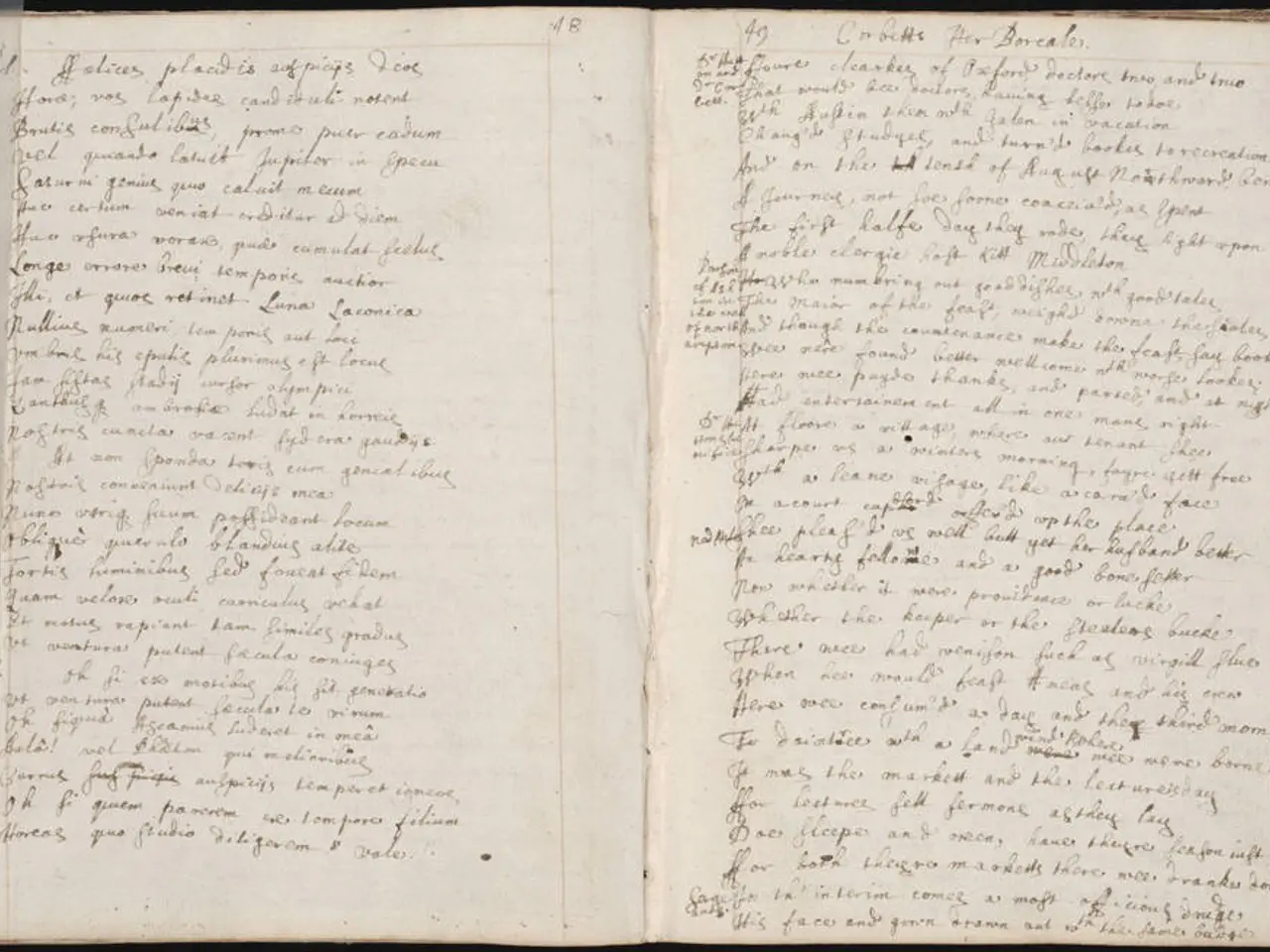The Scopes Monkey Trial: A Cultural Flashpoint of Science vs. Religion
Tennessee Witnesses Court Battle Over Evolution Education
Exactly a century ago, in July 1925, the small town of Dayton, Tennessee, became the epicenter of a landmark legal case that would echo through the annals of history: the Scopes Monkey Trial. This trial, officially known as the State of Tennessee v. John Thomas Scopes, was a battle royale between intellectual freedom and demagoguery, a clash of science and religion that continues to resonate in the 21st century.
John T. Scopes, a high school teacher, found himself at the heart of the storm when he was accused of violating the Butler Act, a Tennessee law that prohibited teaching human evolution in public schools. The trial was deliberately staged to challenge the constitutionality of the law and attract publicity, with the American Civil Liberties Union offering to defend any teacher who was prosecuted under the law.
The key events of the trial unfolded over 10 days, beginning with jury selection on July 10 and opening statements on July 13. Clarence Darrow, a renowned defense attorney, argued that the law violated freedom of religion and was unconstitutional, while William Jennings Bryan, a special prosecutor, defended the Biblical literalist view.
However, the judge prohibited expert scientific testimony on evolution, limiting the defense's ability to argue on scientific grounds. Despite this obstacle, the trial reached its defining moment when Darrow called Bryan, a brilliant orator but struggling to respond to Darrow's challenges when he highlighted various passages of the Bible that seemed to defy a literal interpretation.
In a dramatic turn of events, the trial took place outdoors due to the heat, with Bryan testifying as a Bible expert. Mencken's caustic coverage of the trial, highlighting the contrast between science and faith, is remembered as a highlight. Despite Scopes' conviction and a $100 fine, the verdict was later overturned on a technicality, and Scopes never spent a day in jail.
The Scopes Monkey Trial was more than just a legal battle; it was a cultural flashpoint. The trial spotlighted the deep divide between modernists, who accepted evolution as compatible with religion, and fundamentalists, who upheld Biblical creationism as literal truth, symbolizing the broader cultural conflict in 1920s America over science, religion, and education.
It was one of the first trials to attract intense national media attention, including radio broadcasts, highlighting the growing power of mass media in shaping public discourse. The case underscored ongoing social tensions related to modernization, secularism, and the role of religion in public life.
Though Scopes lost legally, the trial ultimately undermined the legitimacy of anti-evolution laws and encouraged more open discussion of science in education. The Scopes Monkey Trial, also known as the Monkey Trial, remains a poignant reminder of the ongoing struggle between science and religion in U.S. history, with the play Inherit the Wind reinforcing Mencken's dichotomy between intellectual freedom and demagoguery.
References: 1. Scopes Trial - Britannica 2. Scopes Monkey Trial - History.com 3. Scopes Trial - PBS American Experience
In the realm of education and self-development, one can study the history of the Scopes Monkey Trial to understand the clash between science and religion, and how it impacts current discussions about modernity and secularism.
In the sphere of entertainment, the play Inherit the Wind serves as a dramatic adaptation of the Scopes Monkey Trial, reinforcing the still-resonant dichotomy between intellectual freedom and demagoguery portrayed in the original events.




